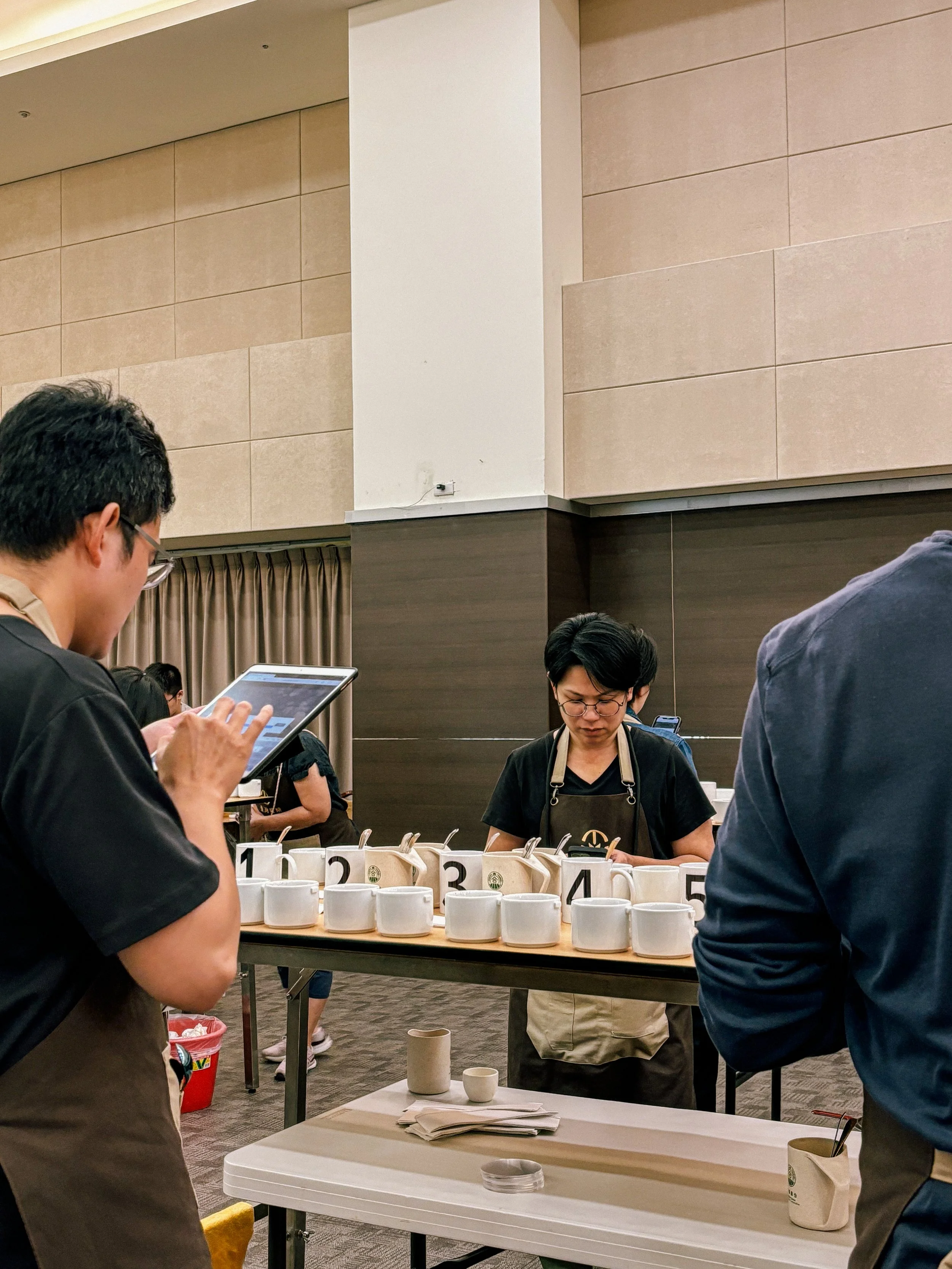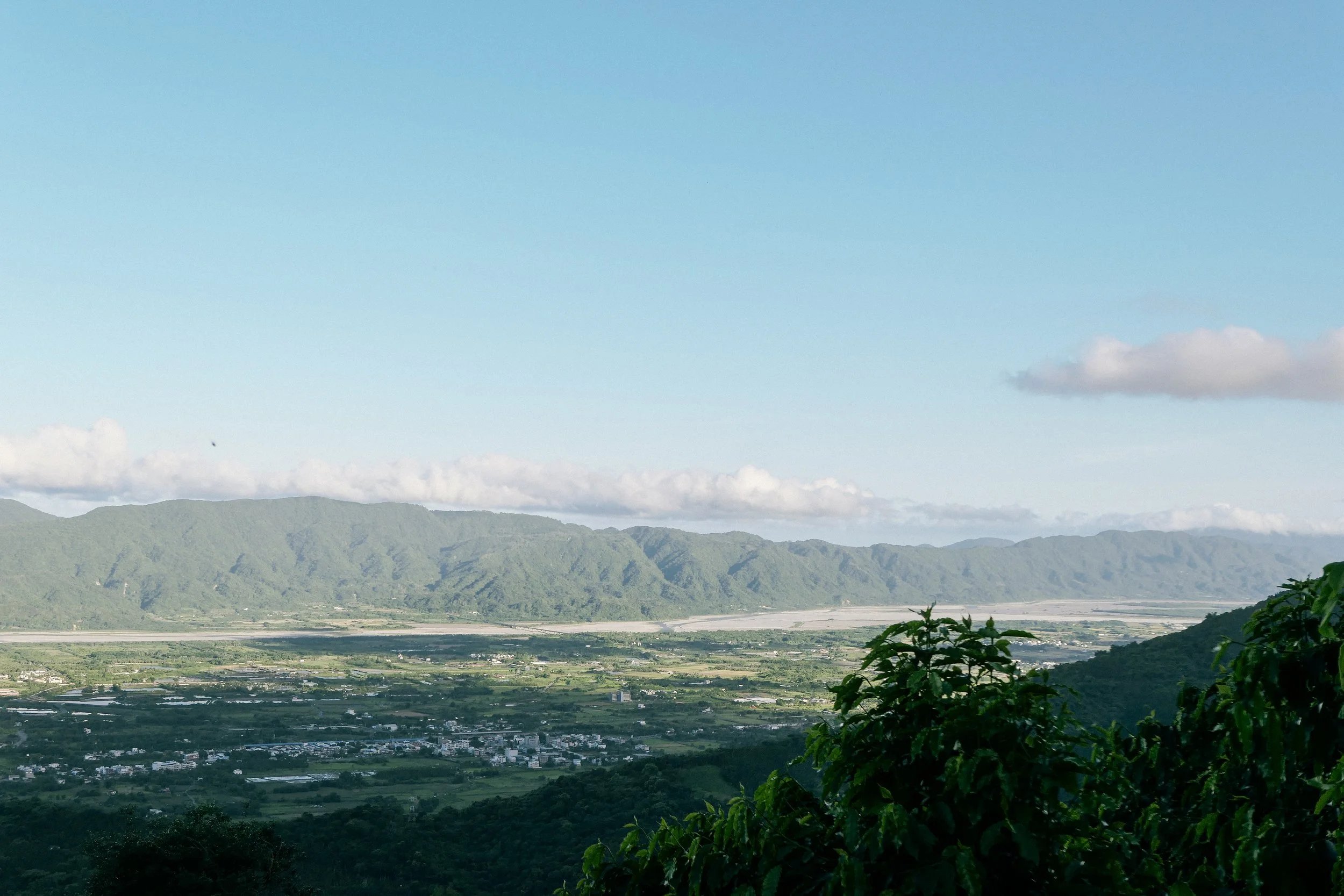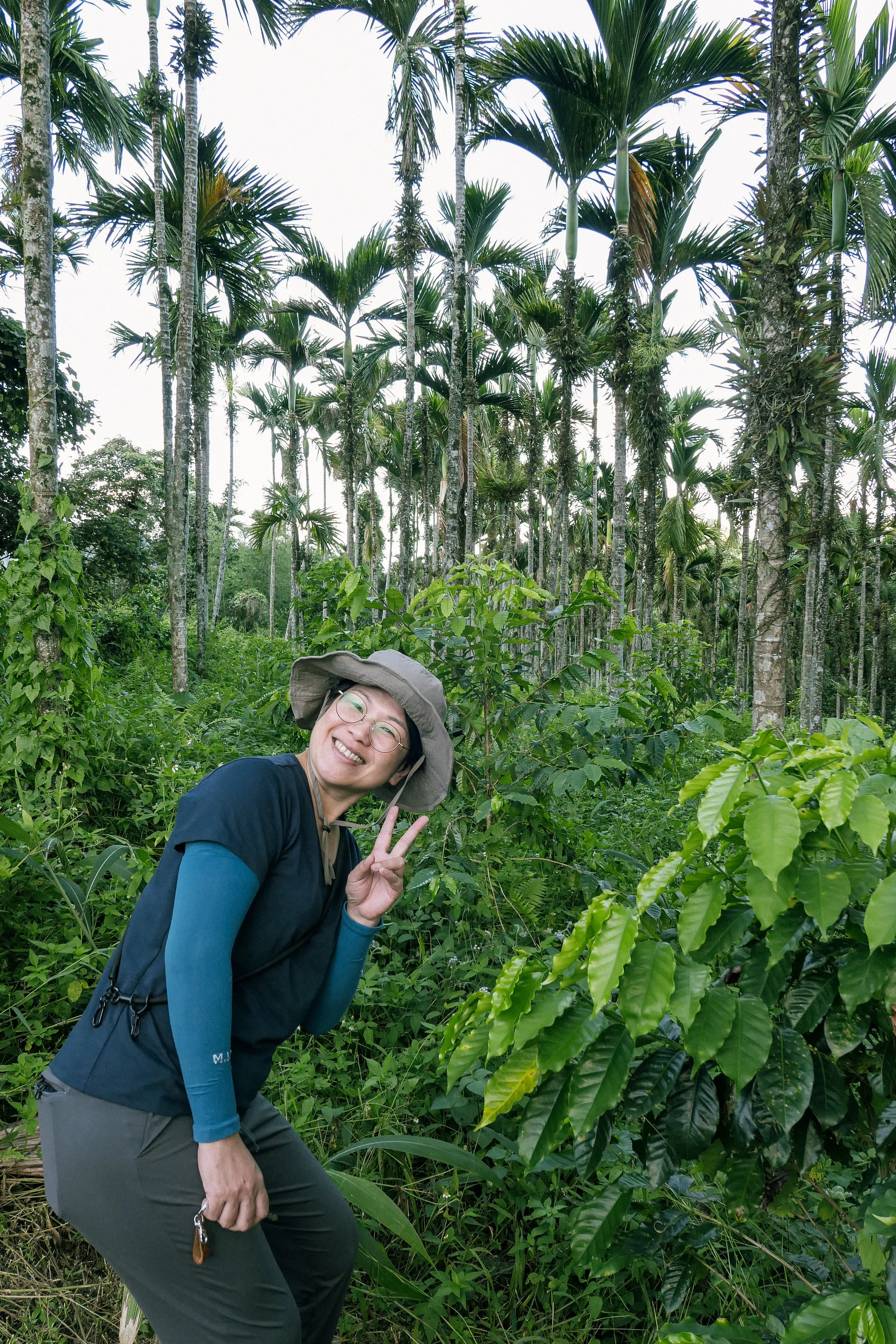TAIWAN; COE and coffee production
After a late Friday phone call with Alliance for Coffee Excellence, they asked if I had interest in running the Jury Selection phase for the inaugural Cup of Excellence program in Taiwan. Well, yeah, of course; who wouldn’t!
Earlier this year, I became a Head Judge for Cup of Excellence and ran the pre-selection phase in Honduras. This would be the next step; and one I was incredibly excited for. It’s definitely an honor to play a small role in the countries first CoE program!
The Jury Selection phase is to select a team of cuppers local to that country, who will participate in the pre-selection and national phase. The goal here is for those who are most familiar with their countries coffees to select what they perceive to be the highest qualities before making it to the final “International Phase” where a jury consisting of two cuppers from the National Jury and a panel from all over the globe will rank the top coffees based on their personal experience and market bias.
The results are checked and audited by a second head judge to remove bias and jury members are then selected to participate in the final rounds of selecting the top coffees.
As someone with little experience with Taiwanese coffees, and despite us using coffees that wouldn’t be found in the upcoming program (coffees were from regional competitions in Taiwan and remaining samples from the year prior) Taiwanese produced coffees have the potential to be truly fantastic!
One of the participants of the Jury Selection was Tseng Chiaju, or Janna, as she calls herself, as her English name.
Janna owns and operates a farm with her husband, Abone, in Branaw Village. The village is about an hour south of Huallien on the east side of the island and is local to the indigenous Taroko tribe that Abone belongs to.
Hualien is one of a handful of main growing areas in Taiwan along with, Alishan, Nantou and Yunlin. The landscape is diverse across this tiny island, with dozens of microclimates across all altitudes and in each valley.
Taiwan shares similar challenges to much of the industry, like labor and climate change issues, but also has its own unique set, too. Taiwan is a small island, and has limited space. This, partnered with the high cost of labor in Taiwan means that producers typically focus on producing smaller volumes of high quality coffees. The cost of labor thankfully support a stronger working class in the country and means that most farms are family operated with limited workers. Along with the unpredictable weather, the island is regularly hit by typhoons, uprooting trees and washing away fertilizers down steep slopes.
Much of the coffee grown in Taiwan is Typica, and almost all Arabica, which was introduced to the island during Japanese colonization around 1900, but you can find a handful of Kenyan varieties amongst Pacamara, Geisha, and other “exotic” coffees.
Very thankful for Janna and her time with us and the people she introduced us to. You’ll be seeing coffee from her and Abone’s farm, Nita Cafe, end of 2024/early 2025!
By Ricky Dyson







